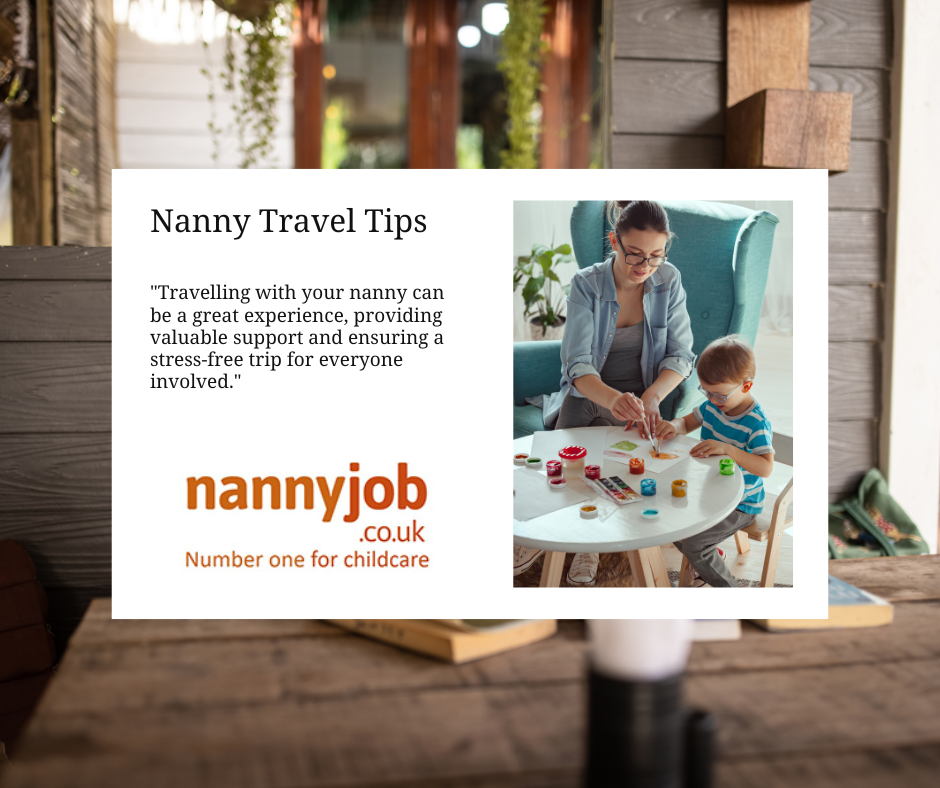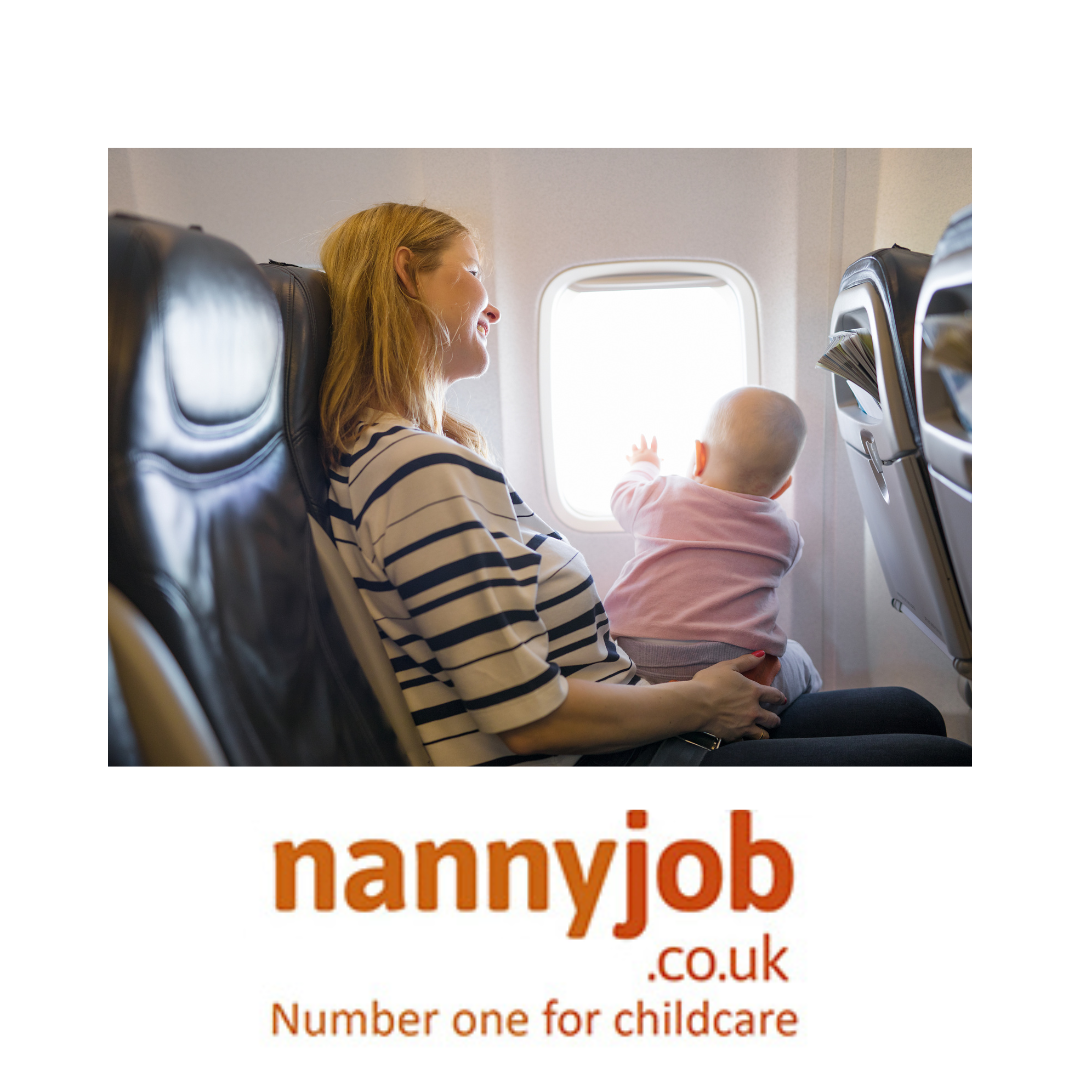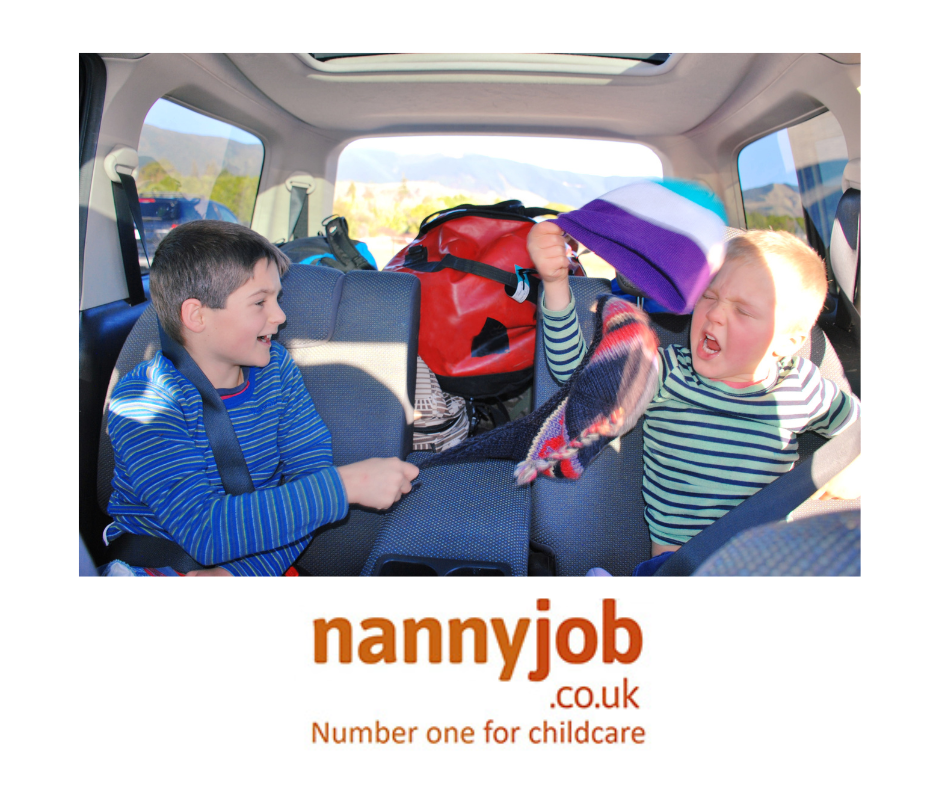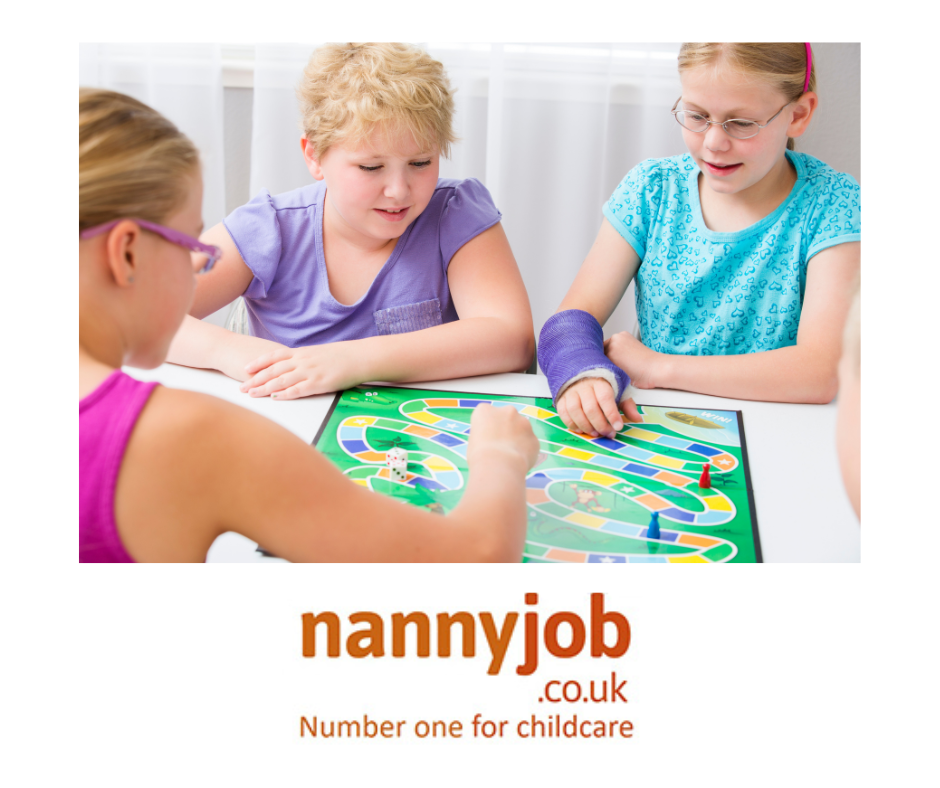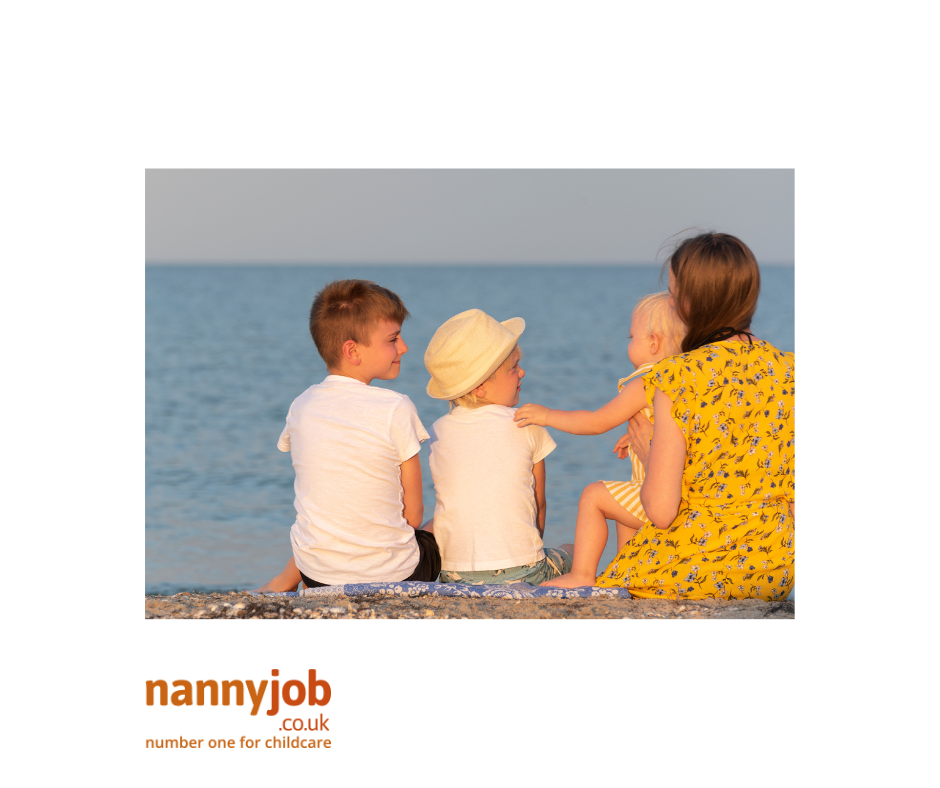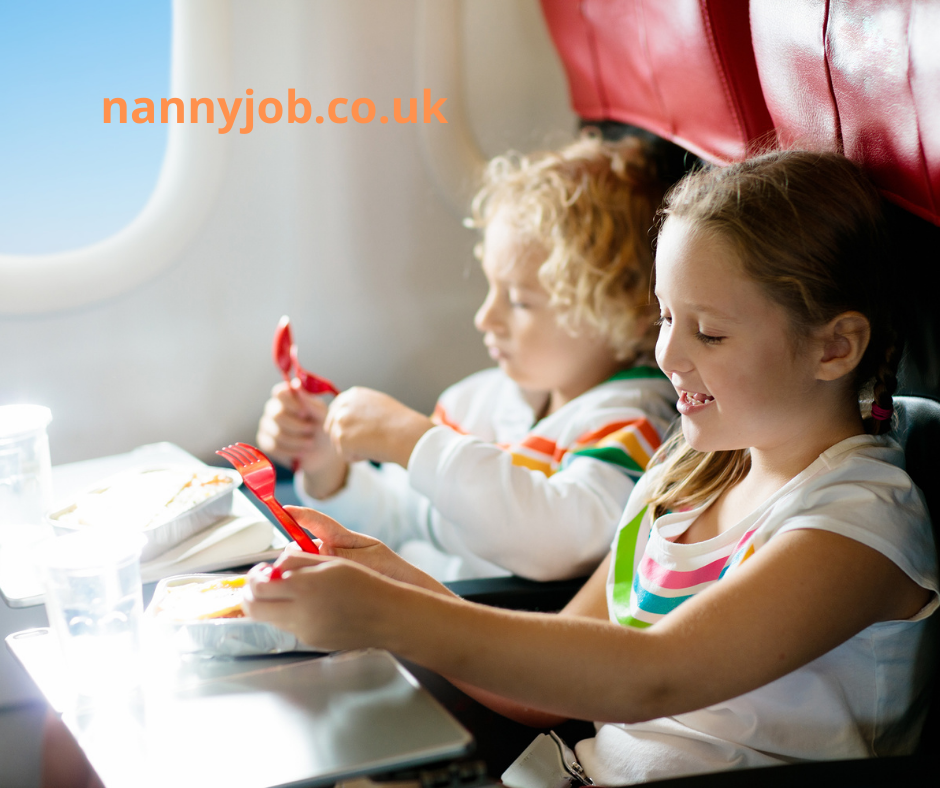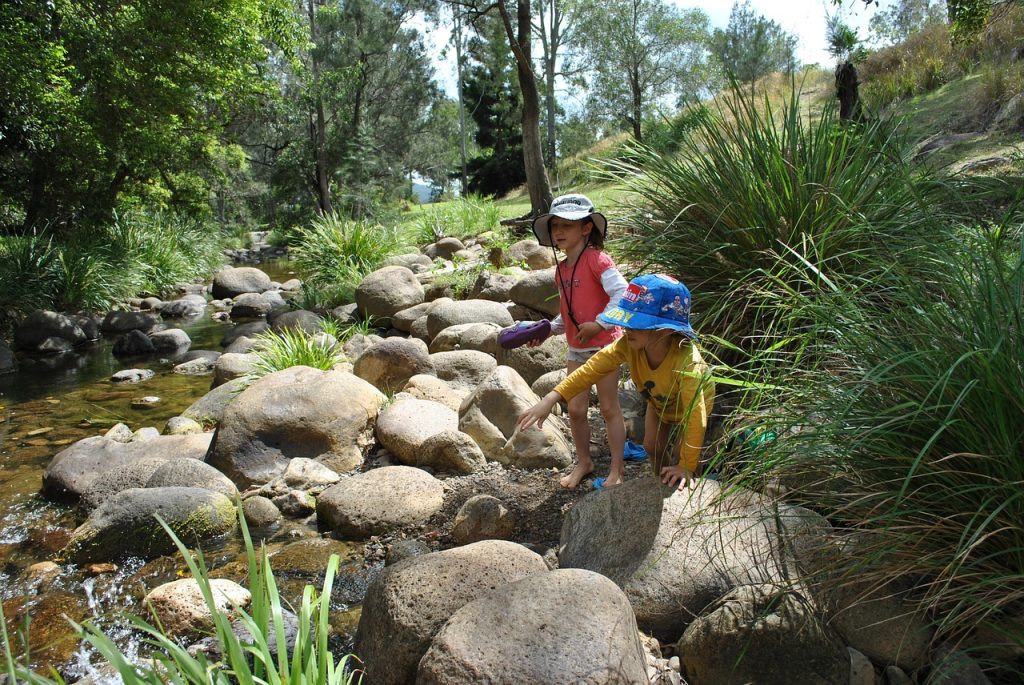Whether it’s an action-packed adventure or relaxing in the sun, more and more families are taking childcare with them on holiday. Travelling has become a key part of a permanent nanny’s job, or a temporary nanny can provide flexible, consistent, and tailor-made childcare for families who need a helping hand while on vacation. Here’s what you need to know about travelling with your nanny, covering crucial aspects like money, time off, and travelling time.
Money Matters
For permanent nannies working their normal hours, standard pay applies. Employers are responsible for covering all out-of-pocket expenses, including flights, accommodation, food, and travel insurance. If accommodation is limited and a nanny must share a room with the children, expect to pay a bit extra to compensate for the inconvenience—especially if a child still wakes during the night.
Time Off
Any time a nanny is expected to be present counts as work. Great employers clearly communicate when the nanny is free to relax or go out, ensuring children do not intrude during these times. Most nannies are willing to swap a morning shift for evening babysitting or travel on a Sunday in exchange for shopping or sightseeing midweek. However, it’s crucial to respect the hours agreed upon in the contract, even if they deviate from the usual 8am-6pm schedule.
Travelling Time
Travelling days, where the nanny accompanies the family, are paid workdays. Since travelling can be lengthy, especially with early starts, some overtime might be expected. If employers can book a separate seat for the nanny, allowing them a break during the flight, it’s beneficial. However, chances are their assistance will be needed, meaning they cannot fully use this time as they choose.
Notes for Nannies
- Check Your Nanny Insurance: Most insurance policies will cover you for travel with your permanent family within the EU for a certain number of days per year. However, there may be exclusions, and this does not replace travel or medical insurance for you!
- It’s Not a Holiday for You: It might be sunny, and there might be a pool, but you are still on duty. Manage your expectations to ensure you remain professional and focused on your responsibilities.
Top Tip
- Maintain the Relationship: Traveling with your nanny or employers can be enjoyable, but if it doesn’t work out, don’t let it ruin a good relationship. Communication and flexibility are key!

